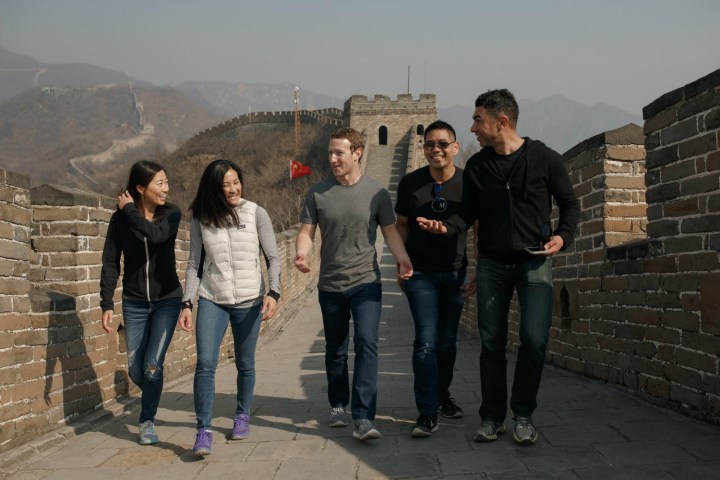
The News Feed censorship tool was created specifically to help the platform make inroads into China, claim employees at the company who spoke to The New York Times.
Facebook CEO Mark Zuckerberg has made clear his ambition to drastically increase Facebook’s user base. Speaking in February, the company’s founder predicted the platform would have 5 billion members by 2030.“We want to finish connecting everyone, we’re going to do it in partnership with governments and different companies all over the world,” remarked Zuckerberg at the time. In its most recent quarter,
However, the restriction on the social network in China (in place since 2009) has cut it off from a massive potential audience of over 1 billion people. That void has been filled by local platforms and Western services that are willing to play ball with the Chinese government in terms of censorship, such as Weibo, and LinkedIn. On the other hand, web giants such as Google and Twitter are in the same boat as
This year alone,
A number of employees who were working on the new software have reportedly left
“We have long said that we are interested in China, and are spending time understanding and learning more about the country,” a
This approach is best reflected by the company’s CEO, who has made multiple trips to China (most recently in March), showing off his Mandarin skills along the away. In June,
It should be noted that
Until now, it seemed Facebook’s decadelong connectivity strategy would be its main route toward achieving its globe-conquering ambition. Using solar-powered drones, satellites, and local Wi-Fi and mobile internet projects, the company intends to bring connectivity to rural areas in emerging nations. Those plans have taken a hit of late, courtesy of hardware mishaps and accidents. In September,
Editors' Recommendations
- Facebook about to rebrand under a new name, report claims
- Facebook boss reportedly ‘really worried’ over possible TikTok ban
- Facebook wants to ‘strengthen democracy’ with a news tab. What could go wrong?
- The FTC’s $5 billion privacy fine on Facebook could’ve been much, much bigger
